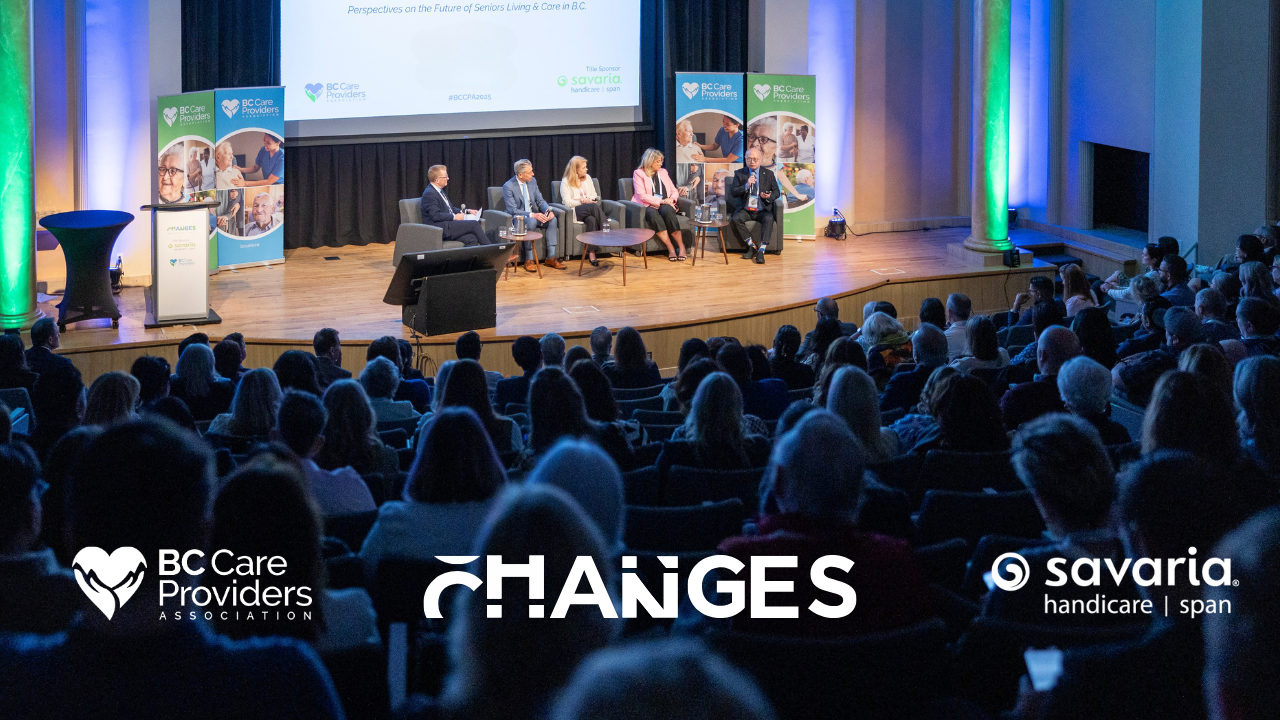Alzheimer Society says numbers expected to double in next 25 years
Byline: Tiffany Crawford, Vancouver Sun
B.C. needs a plan to protect seniors with dementia, as the number of patients in the province is expected to more than double in the next 25 years, the Alzheimer Society of B.C. says.
There are 70,000 people living with dementia in B.C., and the society is projecting that by 2038 there will be more than 177,000 patients.
The society on Tuesday, along with B.C. dementia patient Jim Mann, called on the government for a funded plan to deal with the crisis.
Meanwhile, the B.C. government will look to Ontario to judge the success of an alert system to deal with the growing number of dementia patients who wander away from homes and become lost.
The system — called a silver alert — is already being used in a dozen U.S. states; Ontario will become the first province in Canada to use the program when it’s rolled out later this spring.
The silver alert is similar to the Amber Alert for missing children, which uses highway message boards, transit and media outlets to quickly let the public know the details of an abduction soon after it happens.
B.C. does not have any plans to implement the silver alert, but may consider it in the future, said B.C. health ministry spokesman Ryan Jabs.
“Government is aware of silver alert programs in other jurisdictions … and we’ll watch as it’s rolled out in Ontario,” Jabs said in an email Tuesday.
“At this point we are not considering it, but may be if it’s proven successful in other jurisdictions.”
Jabs noted that in many cases, missing seniors are found close to home, whereas children may be abducted across the border, which makes the instant and widespread Amber Alert crucial.
Celeste Mullins, vice-president of B.C. Seniors Living Association, said she was in favour of the silver alert.
“We’re seeing dementia rising with an aging population so if there are systems that can improve the outcomes of people living with dementia, we fully support that idea,” she said.
On Tuesday, Mann, who was diagnosed with Alzheimer’s in 2007, launched “Jim’s Push for a Plan” at the society’s Vancouver Resource Centre to raise awareness about the disease and call for an plan.
Among areas that need funding, said Mann, are education for health care workers to deal with dementia patients, support for family caregivers and an expansion of the society’s First Link program, which matches newly diagnosed patients with health care providers and support, but which is still unavailable in most B.C. communities.
Mann plans to travel around the province to help people understand the challenges faced by people with the disease. He’s concerned that too many people with dementia are fearful of what others will say and retreat from their social lives.
“There is still a stigma around being diagnosed with dementia and people stop calling their neighbours and friends,” he said.
“But socialization is positive; being up front about your diagnoses is good for you.”
He said the government has made a good foundation with the First Link program; however, he said it needs to be expanded to reach all residents.
“For a lot of people it comes out of left field and people don’t know what the hell is happening, and so this gives them an outlet for information and support and that is really positive.”
The RCMP and the Alzheimer Society of Canada have set up a registry called Safely Home to help track wandering patients with dementia.
Caretakers or guardians can register their patient with the Alzheimer organization in their area. The registry allows police anywhere in Canada access to the patient’s information, which is stored on a police database.
There is a fee of $35 to the society, which then provides a Medic Alert identification bracelet with the CPIC registration number, the person’s name, a contact name and notation to call police inscribed on the back.
The bracelet also says whether the patient has memory loss.
According to the society, dementia is a term that describes a general group of brain disorders. Symptoms include the loss of memory, impaired judgment and changes in behaviour and personality. It is progressive, degenerative and eventually terminal.
Alzheimer’s disease is the most common form of dementia, accounting for almost two-thirds of dementias in Canada.




